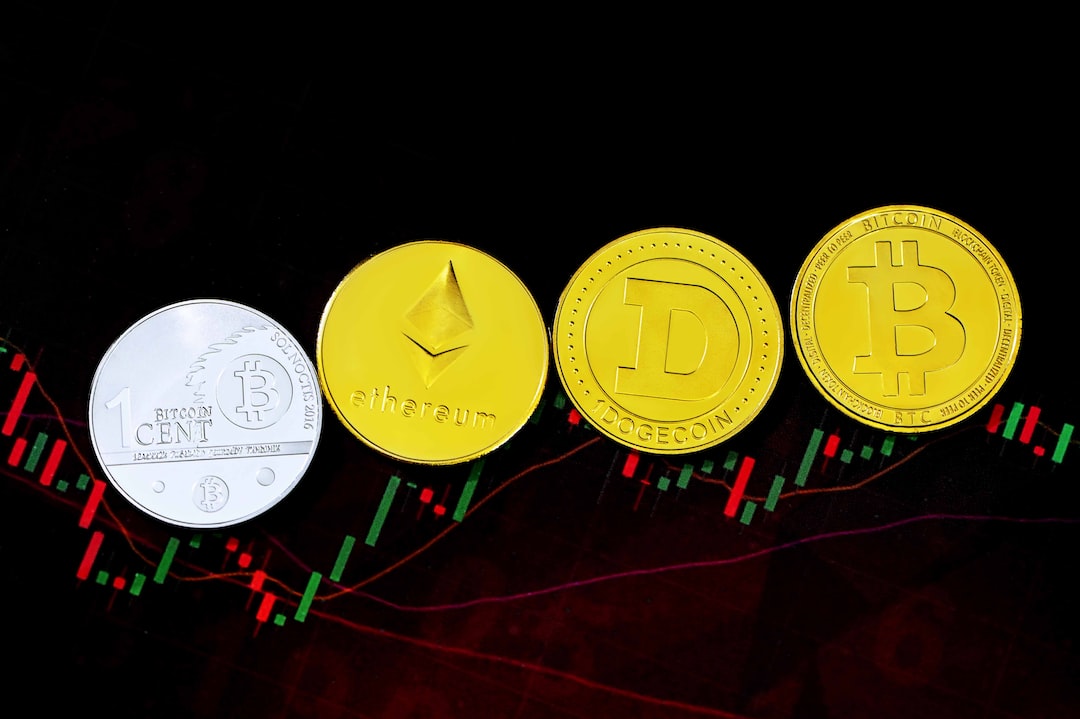Decentralized Exchanges: A Guide for Crypto Traders
Decentralized exchanges (DEXs) are rising in popularity within the crypto world as an alternative to centralized exchanges. Here are the key points you need to know:
1. How DEXs differ from traditional exchanges:
– Traditional exchanges are managed by central authorities, while DEXs operate on a decentralized network without a middleman.
– DEXs use smart contracts, allowing users to trade directly with each other.
– Users maintain control of their funds and private keys in DEXs.
2. Benefits of DEXs:
– Increased privacy and autonomy.
– Wider variety of tokens, including new and innovative projects.
– Reduced counterparty risk due to peer-to-peer transactions.
– Creation of innovative financial products and services.
– DEX aggregators optimize trading conditions by pooling liquidity from multiple DEXs.
3. Key features and mechanisms of DEXs:
– Trading directly from wallets and interacting with smart contracts.
– Liquidity pools funded by users to facilitate trading.
– Different models such as Automated Market Makers (AMMs) and Order Book DEXs.
– DEX aggregators minimize slippage and optimize swap fees and token prices.
4. Security considerations in DEXs:
– Users have full control of their funds, but they are responsible for safeguarding their private keys.
– Smart contracts can have vulnerabilities, although reputable DEXs have them audited.
– Users should research tokens to avoid scams.
– Anonymity in DEXs could attract illicit activities.
5. Popular DEXs in the market:
– Uniswap: Known for its automated market maker model and openness to all tokens.
– SushiSwap: Offers yield farming, staking, and profit-sharing for token holders.
– Curve Finance: Focuses on stablecoin trading with low slippage and fees.
– Balancer: Allows users to create customizable liquidity pools.
– 1inch Exchange: Aggregates liquidity from multiple exchanges for efficient trades.
Hot Take: DEXs bring new opportunities but face challenges
While DEXs have the potential to revolutionize finance, they come with challenges. Technical complexity and liquidity issues are major limitations. The regulatory landscape for DEXs is still evolving, posing unique challenges for regulators. However, the future outlook for DEXs remains promising, as they continue to attract crypto traders seeking privacy, innovation, and control over their funds.





 By
By
 By
By
 By
By
 By
By
 By
By
 By
By